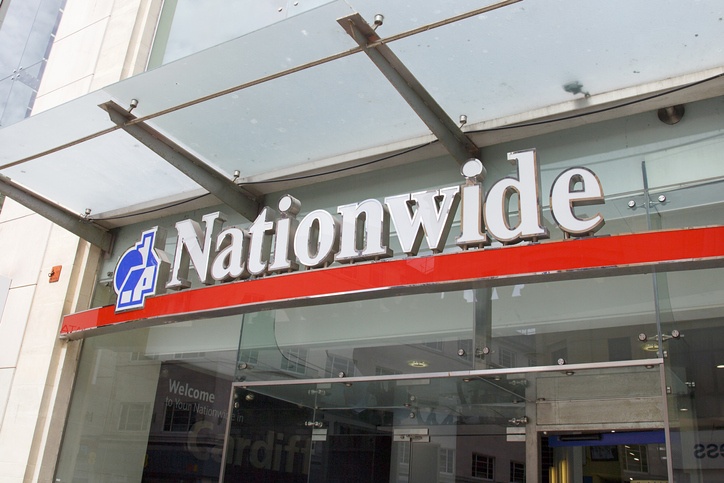Home » Uncategorised »
Average UK house price hits almost £250k in August, Nationwide figures show
This article is an external press release originally published on the Landlord News website, which has now been migrated to the Just Landlords blog.

The latest House Price Index from Nationwide shows that annual house prices increased to 11% August.
Prices are up 2.1% month-on-month, which is the second largest gain in 15 years, the report states.
The average house price during August was £248,857.
Robert Gardner, Nationwide’s Chief Economist, comments on these figures: “Annual house price growth increased to 11% in August, from 10.5% in July. Prices rose 2.1% in month-on-month terms, after taking account of seasonal effects. House prices are now around 13% higher than when the pandemic began.
“The bounce back in August is surprising because it seemed more likely that the tapering of Stamp Duty relief in England at the end of June would take some of the heat out of the market. Moreover, the monthly price increase was substantial – at 2.1%, it was the second largest monthly gain in 15 years (after the 2.3% monthly rise recorded in April this year).
“The strength may reflect strong demand from those buying a property priced between £125,000 and £250,000 who are looking to take advantage of the Stamp Duty relief in place until the end of September, though the maximum savings are substantially lower (£2,500 compared to a maximum saving of £15,000 on a property valued at £500,000 before the Stamp Duty relief in England tapered).
“Lack of supply is also likely to be a key factor behind August’s price increase, with estate agents reporting low numbers of properties on their books.
Iain McKenzie, CEO of The Guild of Property Professionals, comments: “The remorseless rise of house prices continued through August, with the value of the average home now nudging a quarter of a million pounds.
“Even the scaling back of the Stamp Duty holiday hasn’t put the dampers on the demand we are seeing for property across the country.
“First-time buyers with a deposit in the bank are itching to get their foot on the ladder and incentives such as the extended Help to Buy scheme and the 95% government guarantee mortgages are making it all the more appealing to buy now.
“The main obstacle to intended buyers is the lack of properties on the market, and that lack of supply is likely to keep prices moving upwards in the short term.”
Lucy Pendleton, property expert at independent estate agents James Pendleton, comments: “It turns out that, for all the posturing, the Stamp Duty discount wasn’t doing any of the pushing after all.
“This is a timely lesson that it’s the fundamentals of the market that are all-powerful still. Sunak’s generous state handout has turned out to be more a demonstration of misdirection than crisis management.
“The market didn’t need his money and, with hundreds of billions tucked away in accidental savings, Britons are continuing to satisfy a deep-seated determination to move after a traumatic 18 months.
“First-time buyers have had their patience sorely tested and are now being pulled back into the frenzy in increasing numbers. Where, once, most of them would have bet on the market cooling and giving them a chance to seek better value, fears that rising inflation will put a protective arm around this bull run are cutting down those numbers. This readout for August has relegated a strategy of ‘wait-and-see’ to wishful thinking.”
Nicky Stevenson, Managing Director at national estate agent group Fine & Country, says: “This latest spike is stunning given that most analysts expected prices to decelerate as the Stamp Duty holiday entered its final throes going into the autumn.
“Those forecasts have now all proved wrong, and after a bumper summer which featured record borrowing, growth in Britain’s housing market still shows no sign of dampening.
“While the Stamp Duty holiday savings on big homes is quickly vanishing, a greater proportion of market activity is now in the mass market sector, buoyed by the resurgence of buy-to-let investing and first-time buyers.
“It is these sectors that continue to power double digit growth across the country.
“Based on this latest data, the market may well be running red-hot for some time to come, fuelled by low cost of borrowing, shrinking housing supply and government incentive schemes for first time buyers.
“The boom goes on.”




